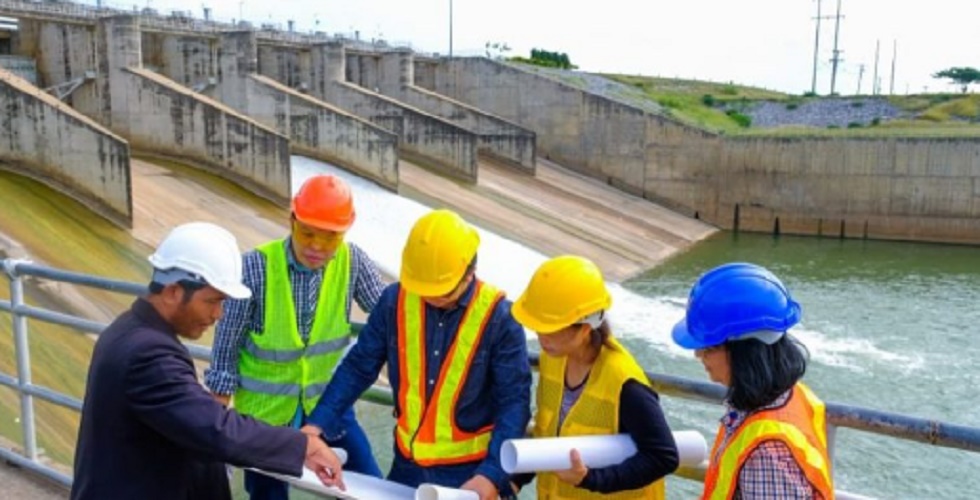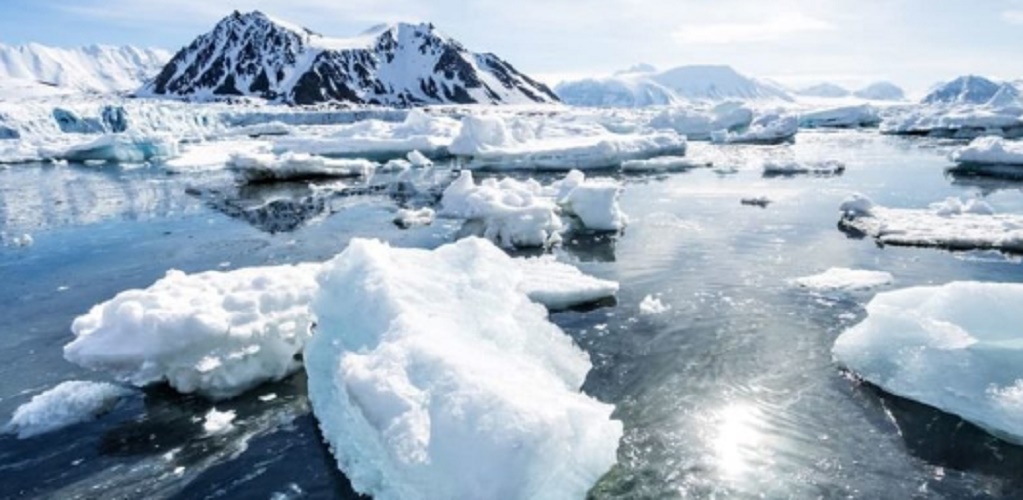What is hydrology?
We explain what hydrology is, its history, applications and branches. Also, why is it important and what do hydrologists do.
-
What is hydrology?
Hydrology is the scientific discipline that studies the waters of the planet , the oceans , the atmosphere and the earth’s surface . He is interested in the physical, chemical and mechanical properties of these waters, as well as their distribution, circulation and their regional and global flow. However, it does not cover underground water reserves, which correspond to hydrogeology.
Hydrology is the exhaustive study of water on our planet, differing from hydrography , which is limited to the study of the measurement and collection of hydrological data and its transcription in a cartographic document. Although hydrology has a much broader field of study, it is possible in certain contexts to use both terms as synonyms.
The precise concept of hydrology has changed greatly over time, but in broad strokes it can be understood as the science that studies the dynamics of water on the planet.
-
Hydrology History
The history of this discipline begins in Antiquity , in the “speculative period”, since knowledge about water and its cycles was the result of elucubrations of ancient naturalists, such as the Greek Tales of Miletus (c. 624-546 a. C.), Plato (c. 427-347 BC) and Aristotle (384-322 BC), or the Romans Seneca (4 BC – 65 AD) and Pliny “the Elder ”(23-79 AD).
However, the speculative nature of this knowledge did not prevent the construction of the great water works of antiquity, such as the wells of Arabia, the Kanats of Persia or the irrigation systems and canals of ancient Rome and Egypt.
This stage is followed, during the Renaissance , by an “observation period” characterized by direct observation of water behavior by scholars such as Leonardo da Vinci (1452-1519). Later on, a properly scientific stage began, known as “De measure”, in which the study of water begins to be modernized and formalized.
This will be followed by the stages of experimentation (18th century), modernization (19th century) and empiricism (early 20th century) . Knowledge about water and its capabilities and its management was modernized, until it reached the period of rationalization (mid-twentieth century) .
Thus, its vital importance began to be understood not only as a biochemical element, but as a world-forming force. The study of its impact on climate , relief , geography and meteorology required theoretical and practical approaches, such as those that characterize the last period of hydrology: the theorization period, which begins in 1950 and culminates in the present .
-
Importance of hydrology

Given the indisputable importance of water resources, as a source of drinking water , industrial resources and even a source of energy , hydrology as a science could not be more relevant, thus becoming an indispensable part of the great architectural and industrial projects of humanity.
It also represents an indispensable approach to geography, climatology , geology and different civil engineering . Knowing the properties and behavior of water in its different stages and conditions is vital when planning economic activities or designing environmental strategies.
-
What do hydrologists do?
In a world where water is an increasingly scarce resource, the role of hydrologists in the food industry, agriculture , construction and ecological work could not be more important. That is why hydrologists, in broad strokes, deal with:
- Study the dynamics of flow and availability of water , so that productive initiatives (especially agricultural) can be located in the most convenient place.
- Propose ecologically sustainable solutions for the return of used water to its natural channels.
- Review the impact of various human initiatives on the hydrological ecosystem around it.
- Predict the behavior of surface waters in the face of an infrastructure project .
-
Hydrology Applications
Hydrology has numerous applications in the contemporary world, most of which have to do with the physical, chemical and mechanical understanding of water. Thus, it is possible to use hydrology in:
- Civil engineering works , such as dams , sewage systems, river wrappings, etc.
- Ecological management work , such as cleaning of rivers, lakes and lagoons, or studies on the presence of contaminants or physical damage to the hydrosphere . Also the ecological evaluation of the industries that use water.
- Design of hydroelectric , wave or similar plants .
- Design of contingency plans for water erosion and evaluation of surface runoff.
- Flood control and massive forecast water systems.
-
Branches of hydrology

Hydrology includes numerous specialized branches, such as:
- Oceanography , the study of underwater systems in the oceans and seas .
- Meteorology , the study of water in the atmosphere and precipitation.
- Surface hydrology , the study of the behavior of water in the earth’s crust .
- Limnology , the specific study of the behavior of lakes.
- Potamology , the study of river behavior.
- Hydrogeology , the study of groundwater and its geological role.
- Cryology , the study of solid state waters: snow, ice, glaciers, etc.





